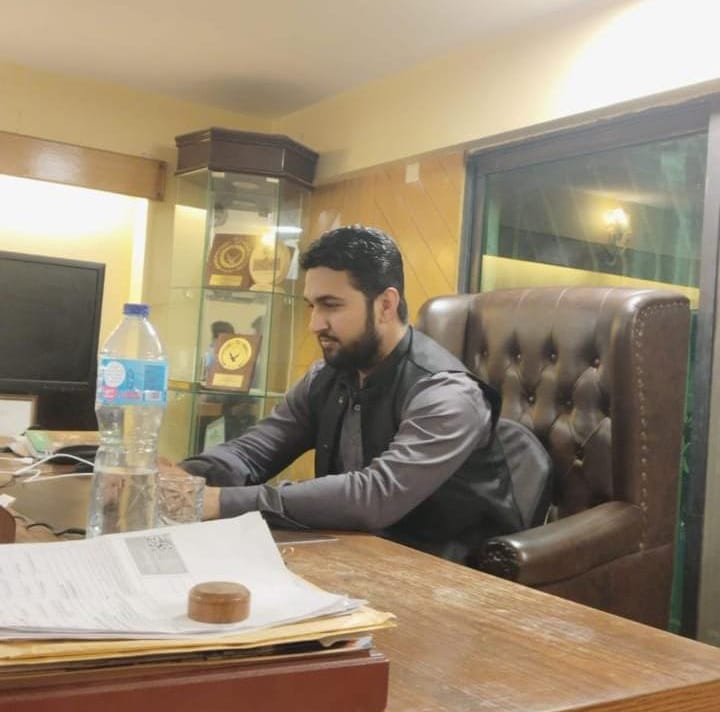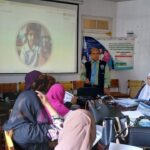Artificial Intelligence is rapidly transforming every aspect of life in Pakistan, from classroom learning to the job market, creating both unprecedented opportunities and significant challenges for the country’s students. While the government has launched the ambitious AI Policy 2025 to modernize education and equip the younger generation with essential digital skills, a wide gap remains between visionary policies and the everyday reality in many classrooms.
The government’s AI Policy aims to foster innovation and prepare students for an AI-driven future by introducing SMART Classrooms, STEAM Labs, and advanced e-learning platforms. The Uraan Pakistan initiative is channeling investment into cutting-edge hubs like Quantum Valley and digital education tools, creating an ecosystem designed to accelerate high-tech learning and research.
However, despite these plans, most students still encounter an outdated education system. AI courses are often limited to theoretical knowledge, lacking hands-on training, exposure to industry practices, and the latest programming languages. As a result, many graduates find themselves ill-prepared for a job market where AI skills are now essential. This disconnect has led a growing number of students to seek practical skills through online courses, YouTube tutorials, and international learning platforms, recognizing that traditional degrees alone are no longer sufficient.
For students who take the initiative, the digital economy offers limitless prospects. The global freelance marketplace is thriving with opportunities in AI development, such as creating chatbots, automating business processes, and designing solutions for agriculture, healthcare, and education. Pakistani students are already making a mark, with startups and researchers gaining recognition at prestigious international AI conferences, showing that local talent can compete on the world stage.
Nonetheless, structural challenges persist. Many aspiring students still struggle with unreliable internet connectivity, limited access to advanced computing resources, and difficulties using global payment systems. Addressing these barriers requires continuous investment in digital infrastructure, improved teacher training, stronger partnerships between the public and private sectors, and a shift in educational culture from rote memorization to critical thinking and problem-solving.
Rather than seeing AI as a threat, experts urge that it be harnessed as a tool to enhance human capability. The responsibility for progress is shared by the government, educational institutions, and students themselves. With world-class educational resources and AI tools more accessible than ever, self-motivation is becoming the most valuable skill. Students who proactively adapt to the new landscape will shape Pakistan’s AI future, while those who wait for the system to change risk being left behind.
Ultimately, Pakistan’s position in an AI-driven world will depend on whether its youth are equipped to lead and innovate. As advances in artificial intelligence accelerate, the choices made by today’s students will determine whether they are passengers or drivers in this technological revolution. The opportunity to shape the future is now in their hands.











